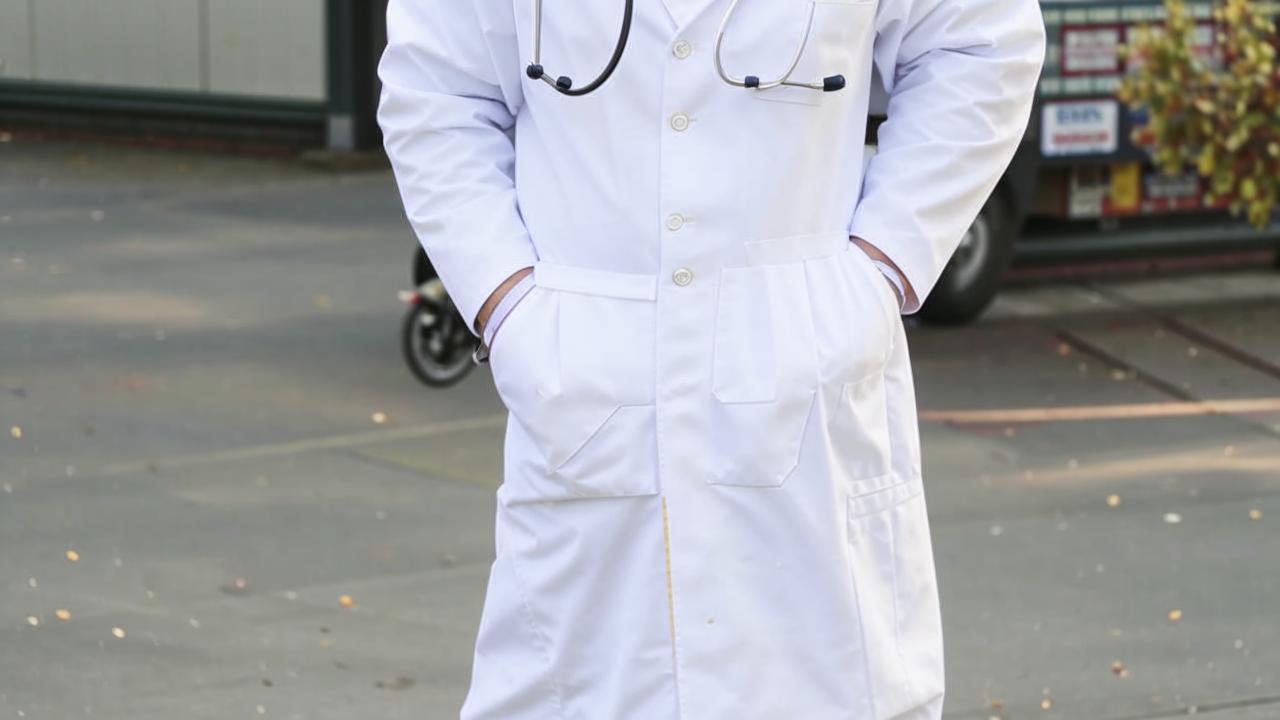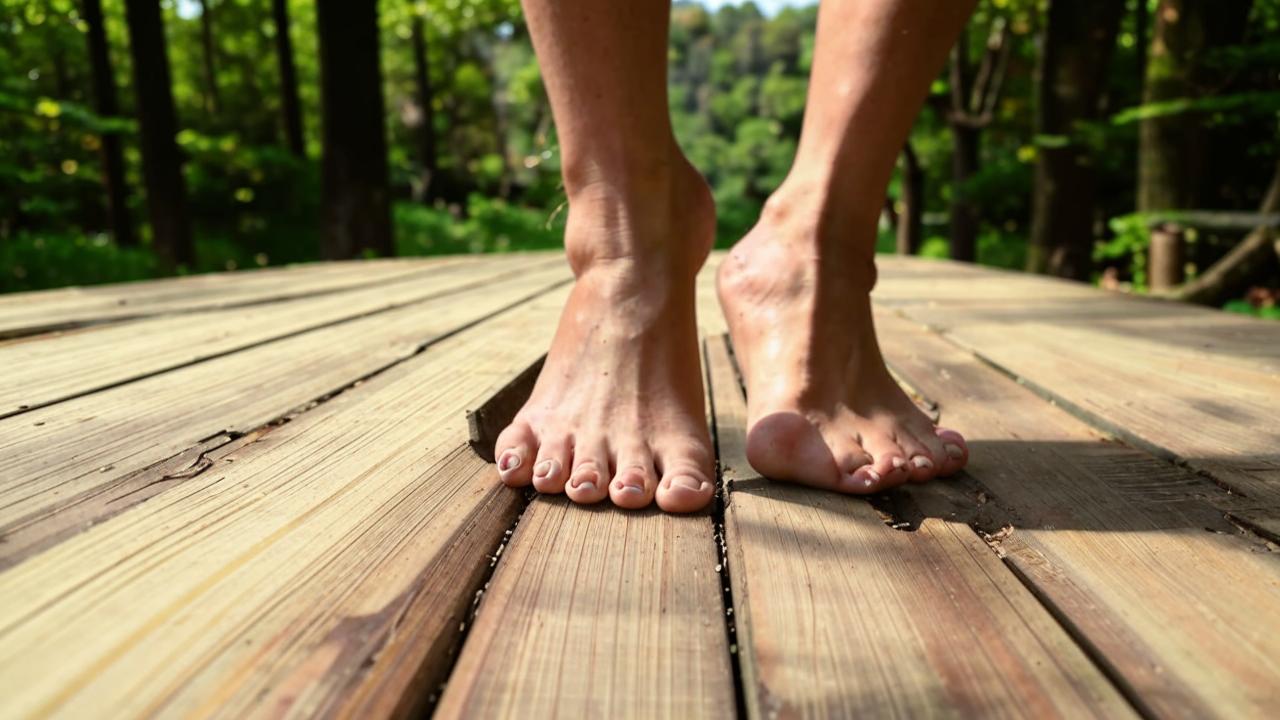
orthopedist of the ORTEKA orthopedic salons network
Is it safe to walk barefoot on the street? Is it healthy or harmful?
Shoes were invented to protect feet from injury and infection. Yes, our ancestors traveled barefoot and therefore probably did not suffer from flat feet. It should be understood that before there was no asphalt, people walked on uneven surfaces: earth, sand, grass. The foot has an arched shape so that a person can comfortably move on just such a surface.
For walking on asphalt, tiles and even laminate at home, the feet are not designed. Any hard surface because of the pressure exerted can harm the feet and the entire musculoskeletal system, so walking barefoot is useful not always and not everywhere.
And about how it is more useful to walk at home – in slippers or in socks, told in our article.
What surfaces are the most useful to walk barefoot
Walking without shoes is better on grass in the park and on the dacha plot, on sand or pebbles during a vacation on the beach. In such cases, the muscles and ligaments of the feet are strengthened, and their arches are held in a natural position.
When walking on uneven and soft surfaces, the feet experience minimal impact. Walking barefoot has a massaging effect on the foot receptors, which also has a positive effect on the overall condition. You just need to take into account the weather to avoid catching a cold.
Is it possible to walk barefoot on the street in the city
Walking on hard surfaces barefoot in principle is not worth it. The feet receive a large shock load – it is often the cause of injury. Also, many people may have flat feet, which they do not even suspect. With this pathology, the spring function of the feet is disturbed: they do not sufficiently soften the load, so the joints and spine are stressed.
When we walk barefoot on flat and hard surfaces, the feet are even more flattened, the load on them increases. Such walks often provoke the development of plantar fasciitis. This is a pathology in which the fascia – a large ligament connecting the heel bone with the toes – becomes inflamed. Walking barefoot on hard surfaces in some cases leads to microtraumas of fascia, which are usually accompanied by inflammation and pain.
Especially do not walk barefoot on the street in the city, where during a walk it is easy to hurt yourself by stepping on glass, construction debris or other sharp objects. At any moment you can trip and hit hard, there is also a possibility that someone will accidentally step on your foot. It should not be forgotten that shoes primarily protect the feet from such damage.

Even in the absence of shoes, the feet become a target for bacteria and germs. Walking barefoot in the city increases the risk of fungal infection.
Who should not go barefoot
Walking barefoot on the street in the city and other hard surfaces is not recommended for anyone. For such walks, on the contrary, you need high-quality orthopedic shoes that support the feet in a natural position and protect them from shock loads. Barefoot can walk barefoot at home on a special orthopedic mat – the product trains the muscles of the foot, strengthens the ankle joints of the legs and activates the blood supply.
Among the contraindications to walking barefoot on uneven surfaces (sand, grass, pebbles):
- diabetes mellitus;
- damage to the plantar part of the foot (cracks, cuts).
Due to the fact that the surface of the ground can be cold, it is not worth walking without shoes in chronic kidney disease, rheumatism, gout.
From the condition of the feet depends not only on the state of the musculoskeletal system. What else affects flat feet, told in the material.





